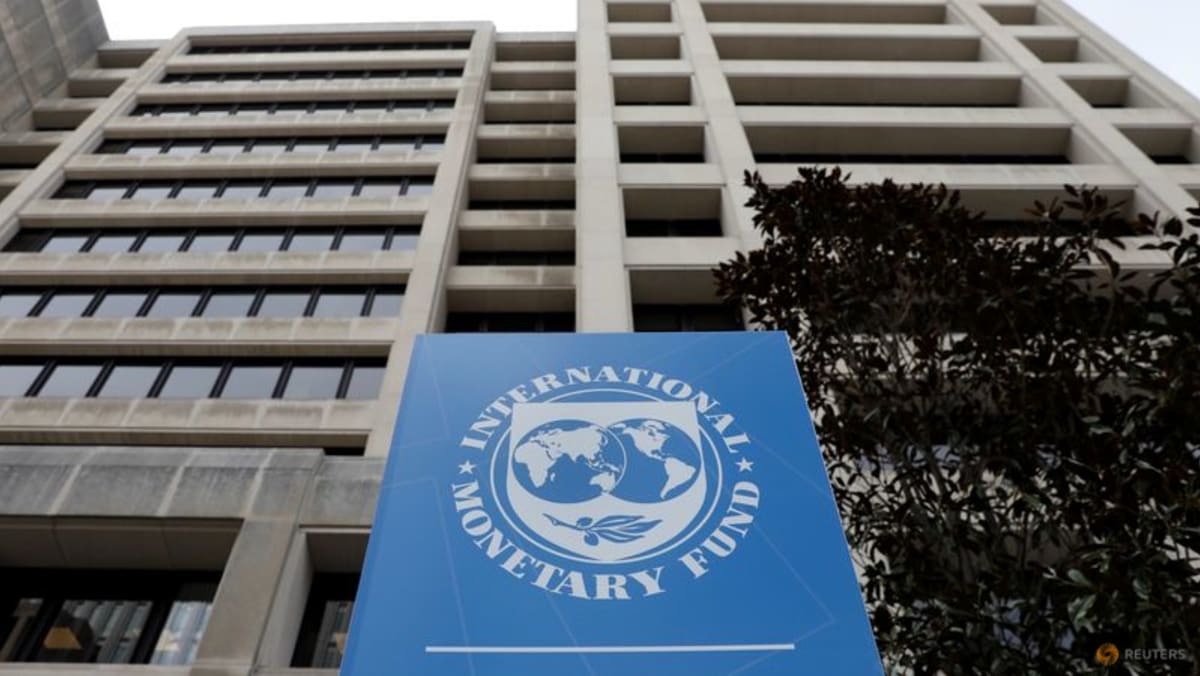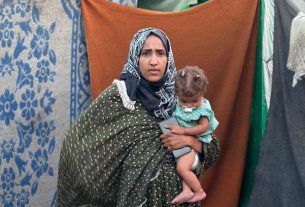LONDON, July 2 – The International Monetary Fund (IMF) has advised Nigeria to recalibrate its 2025 budget to reflect lower global oil prices and to expand direct cash transfers to protect its most vulnerable citizens from rising poverty and food insecurity.
In its latest Article IV consultation—a periodic review of member countries’ economic policies—the IMF highlighted that Nigeria’s projected oil price of $75 per barrel in its 2025 budget is significantly above current international benchmarks, with Brent crude trading around $68 per barrel on Wednesday.
Growth and Inflation Outlook
While Nigeria’s economy is expected to grow 3.4% in 2024 and 3.2% in 2026, the IMF warned that per capita growth remains weak and inflation is persistently high. Tackling these issues requires strong fiscal and monetary policy actions, said Axel Schimmelpfennig, the IMF’s mission chief for Nigeria.
“The international environment is highly uncertain. Oil price volatility impacts Nigeria’s fiscal balance, external accounts, and inflation directly,” he noted.
Budget Pressures and Policy Recommendations
Nigeria’s 2025 budget is based on daily oil production of 2 million barrels and an oil price of $75, assumptions the IMF considers optimistic given current market conditions and OPEC+ strategies to regain market share.
“Achieving the 2025 fiscal targets will require additional measures to offset the lower-than-expected oil prices,” said Schimmelpfennig, emphasizing the need to preserve the fiscal deficit at its current GDP ratio to support anti-inflation efforts.
The IMF recommended increased efforts to recover fuel subsidy savings—estimated at 2% of 2024 GDP—and to improve domestic revenue mobilization through administrative reforms.
Currency and Market Reforms
The IMF acknowledged significant reforms in Nigeria’s foreign exchange markets and currency management. It noted that steps taken by the Central Bank of Nigeria (CBN) and the government have improved market transparency and investor confidence.
“When we speak with investors, they’re satisfied,” said Schimmelpfennig. “The official and parallel exchange rates are now aligned, and capital repatriation is functioning.”
Social Safety Nets and Cash Transfers
The Fund also stressed the importance of scaling up targeted social safety nets, particularly direct cash transfers, to alleviate poverty and food insecurity. Despite a long-standing cash transfer program since 2007, expansion has been hampered by limited data and financial inclusion challenges, as many Nigerians remain unbanked.
Conclusion
The IMF’s assessment underscores the importance of fiscal discipline, stronger safety nets, and continued structural reforms to sustain Nigeria’s economic stability amid global oil market uncertainty and domestic socioeconomic challenges.
Let me know if you’d like this formatted for publication or tailored for a specific audience (e.g., government, investors, policy analysts).



